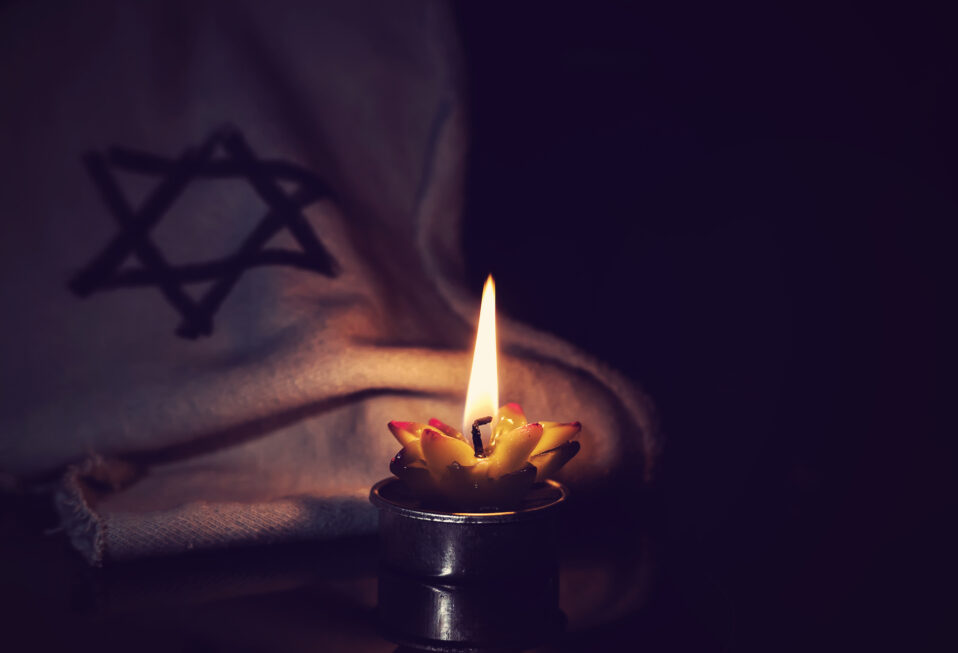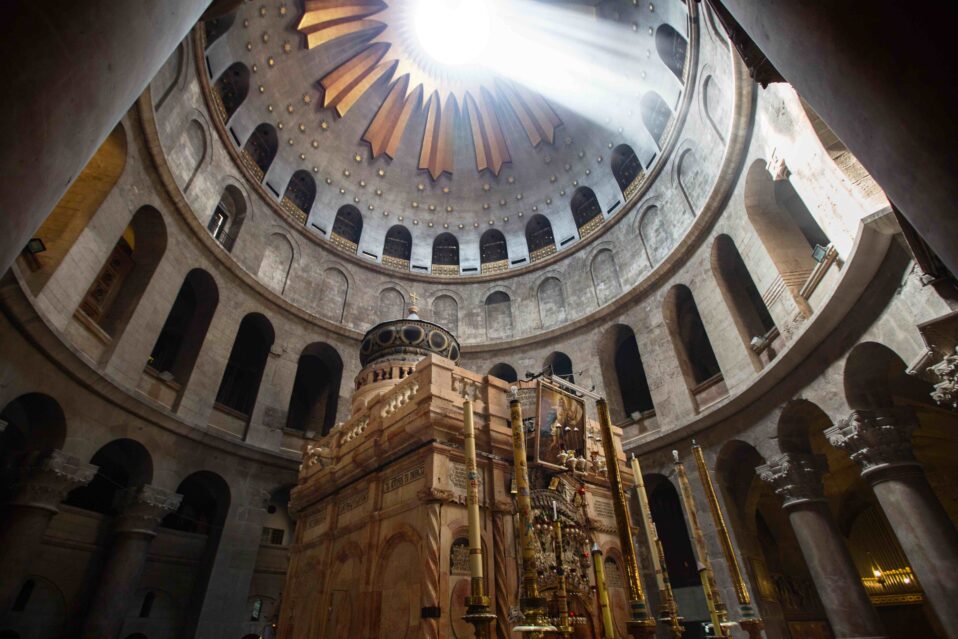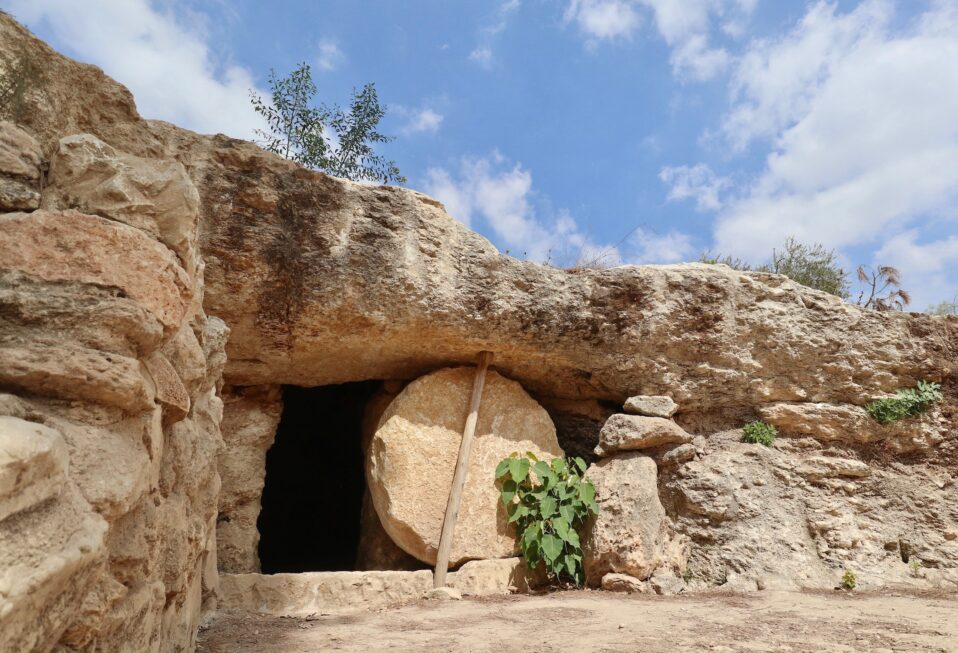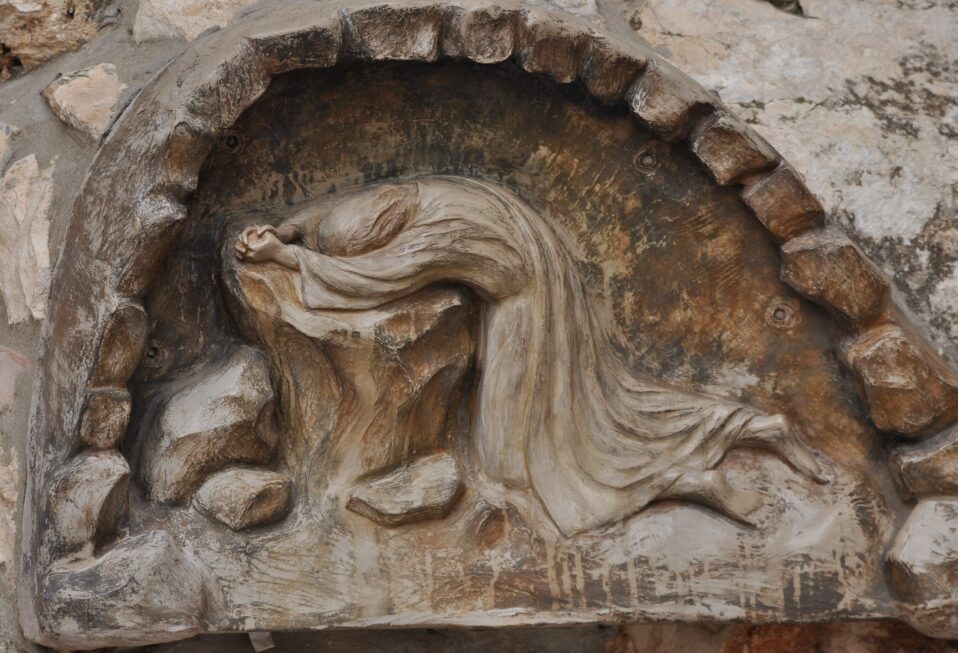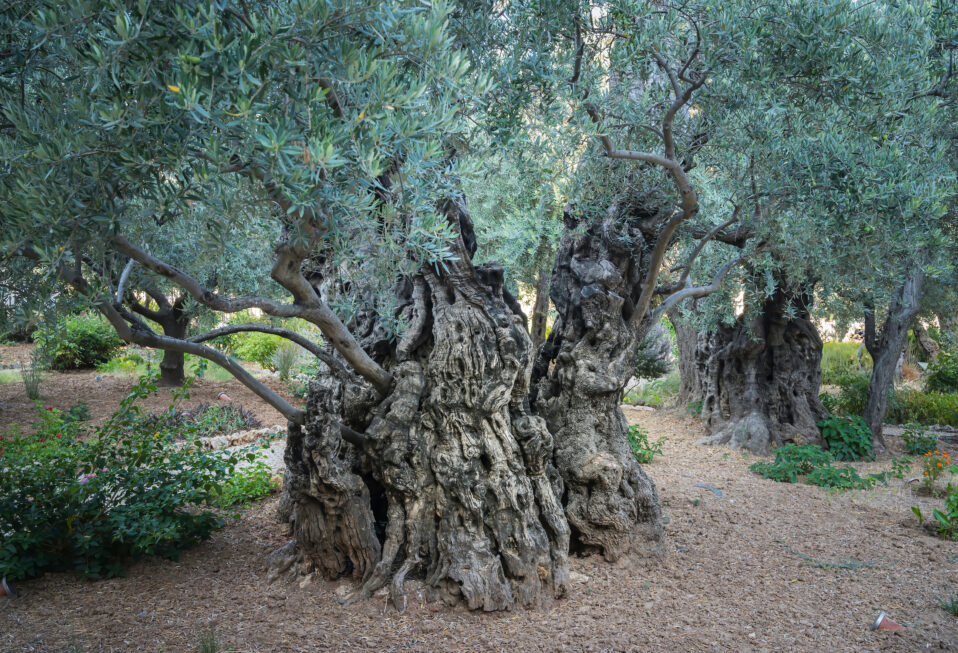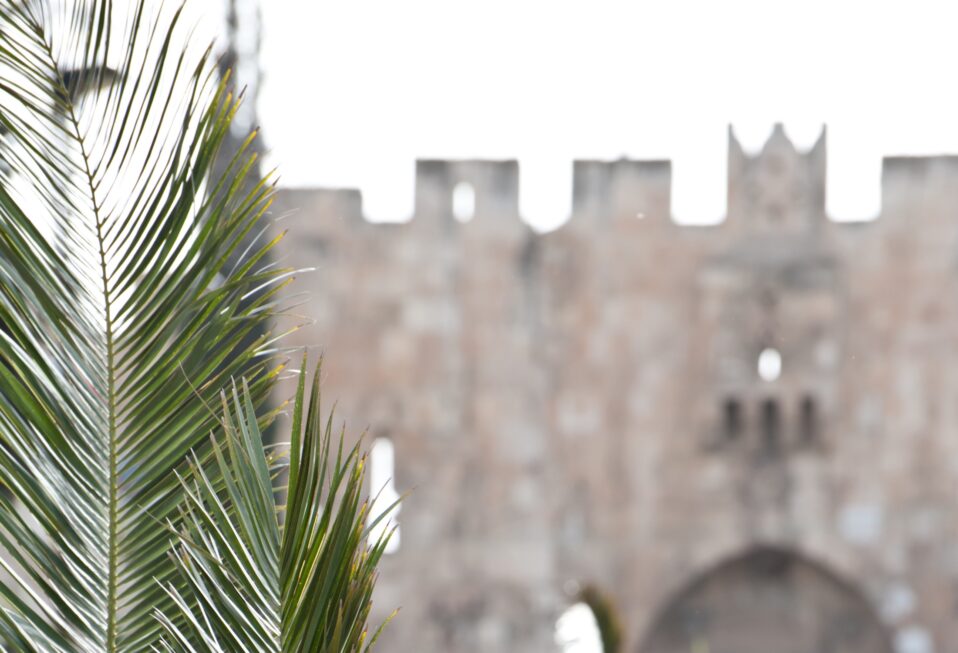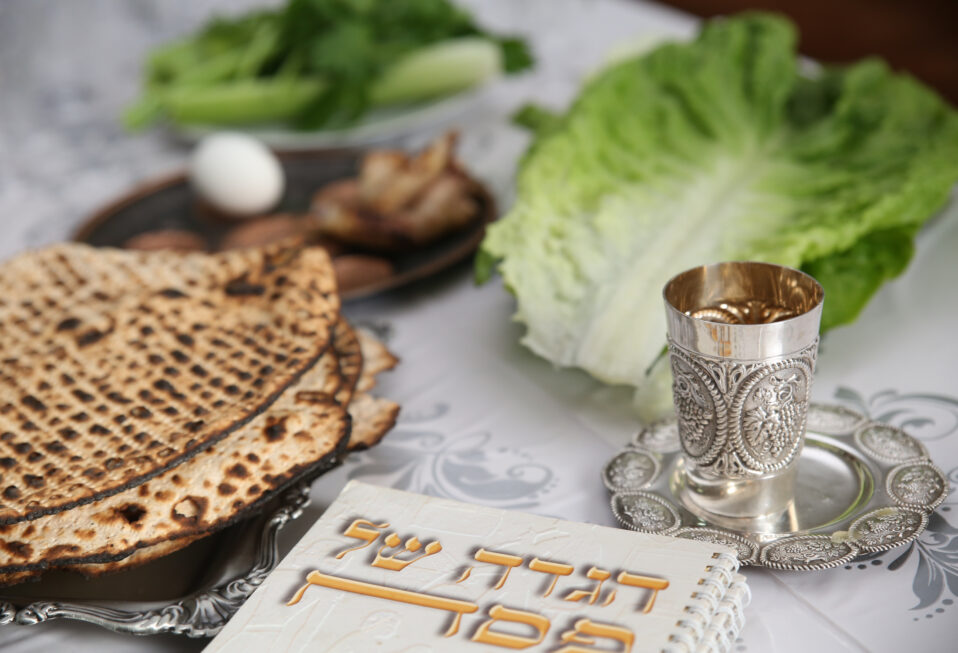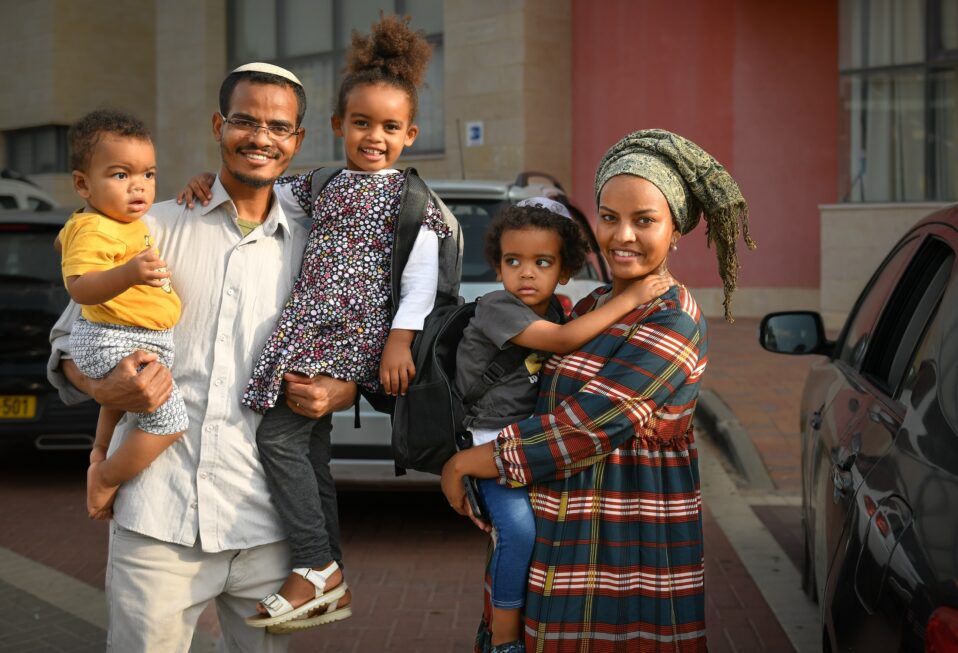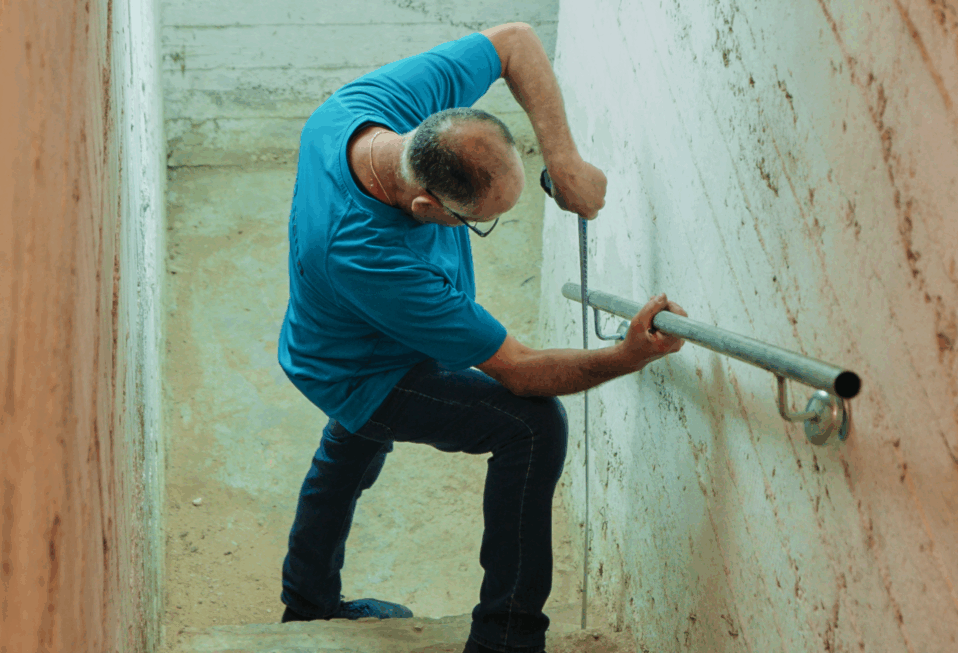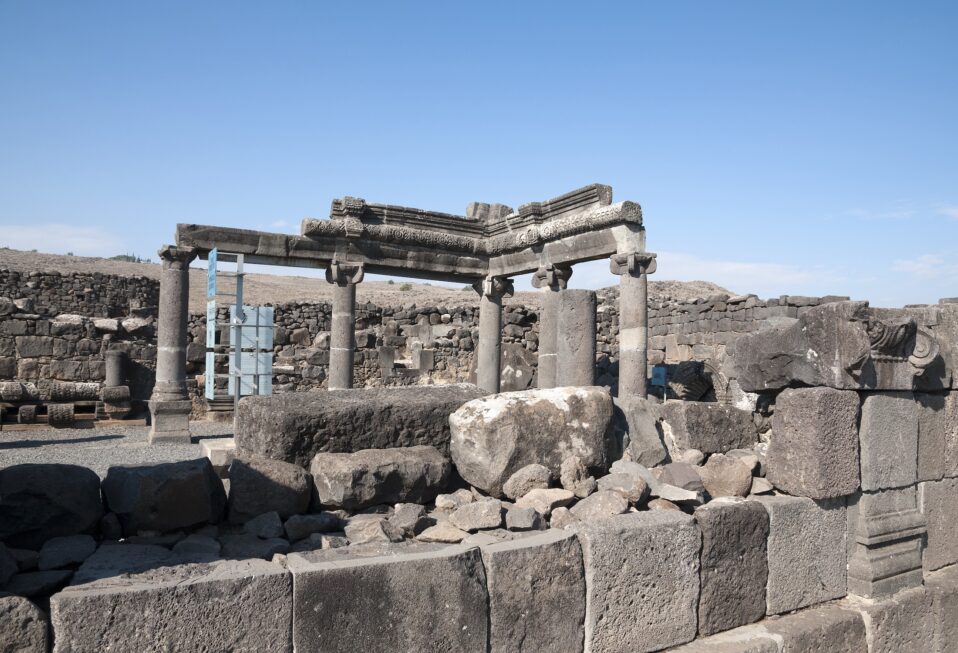By Arlene Bridges Samuels
Israel is a nation alive with endless and unexpected stories, both ancient and modern, that are often unknown to (or sought after by) tourists. On one of my trips to Israel, I discovered Yemin Orde Youth Village. After that, this residential school was always on our itinerary when I staffed many trips to Israel hosting Christian leaders through the American Israel Education Foundation.
With Yemin Orde located atop beautiful Mount Carmel in northern Israel, on a clear day one can see the Mediterranean Sea glistening in the distance. The facility is the year-round home to 500 young people ages 6 to 19. Considered at-risk due to varying traumas from dysfunctional homes or being Jewish orphans from other nations, the children live year-round in a setting that serves as a home, school, and safe haven—full of hope and promise for their futures. The youth village was founded in 1953 to help Holocaust survivors and waves of immigrant Jewish children in the 1950s.
A fact sheet about the home discloses that the children’s countries of origin include Ethiopia, Russia, Brazil, Israel, France, Azerbaijan, Uzbekistan, Georgia, Ukraine, Belarus, Kyrgyzstan, Moldova, Latvia, Kazakhstan, Chad, Sudan, and China. It goes on to state that 25 percent of the children living there are orphans. Learn more here about this amazing place here.
In 1996, this extraordinary facility was distinguished as a Guardian of the Child, Israel’s highest honor, bestowed by the Prime Minister’s office. “Yemin Orde” means “In memory of Orde,” named after British Major General Orde Wingate. In the 1930s, General Wingate was stationed in the Holy Land in what was then called Palestine, a region ruled by the British Mandate between 1922 and the establishment of the modern Jewish state on May 14, 1948, when it was rightly named Israel.
I discovered this remarkable leader’s story when I stepped into the Yemin Orde foyer, which displayed a large, framed black-and-white photo of a handsome man in uniform. The man pictured was Orde Charles Wingate, a senior British officer who became known as the father of the Israel Defense Forces (IDF).
General Wingate not only pioneered training Jews as soldiers in the 1930s—he was also a Christian Zionist! Theodor Herzl, viewed as another kind of father—the Jewish father of the modern Jewish state—used the term “Christian Zionist” at the First Zionist Congress in 1898. A Christian Zionist is simply defined as a Christian who views the Bible as the highest standard for the Jews’ right to return to their ancestral homeland. That right is clearly and frequently outlined in the Bible amid God’s unbreakable promises to His chosen people.
Wingate’s background leading to his lasting IDF legacy in the world’s only Jewish state stemmed from his parents, who were British missionaries in India where he was born in 1903 and grew up in a strong Christian family.
When he joined the British military, he was assigned to its intelligence branch as a captain. In September 1936, he was transferred to British units in Haifa. There he developed a love and admiration for the Jewish people and their devotion to their promised land. Orde always carried a Bible in his deployment to pre-state Israel, and he believed in the scriptural claims that the Land belonged to the Jews. He learned Hebrew and set about training Jewish volunteers who served in units called Special Night Squads, a joint British–Jewish counterinsurgency unit.
Their missions were necessary to protect Jewish communities from Arab terrorists after the Arab High Command launched a violent uprising in 1936 against the British and the Jews. The Mufti—Nazi collaborator Haj Amin al-Husseini—led the Arab Revolt (1936-1939) and also attempted to sabotage an oil pipeline running from Iraq to Haifa.
Wingate promoted the concept of engaging the enemy directly. The unarmed Jewish farmers were highly vulnerable, that is until the Christian Zionist military expert trained them in groundbreaking strategies that also saved the oil pipeline. The British Mandate continued to be enforced for another decade, then left the Holy Land amid God’s divine intervention to reestablish Israel as a modern state in one day. Isaiah 66:8 describes it, Who has ever heard of such things? Who has ever seen things like this? Can a country be born in a day or a nation be brought forth in a moment? Yet no sooner is Zion in labor than she gives birth to her children.
Orde Wingate devoted himself to training Jewish volunteers, although the British Mandate grew into an anti-Zionist status. Wingate was removed from pre-state Israel early in 1939, described as too “pro-Jew” by his superiors. It did not matter that his military successes against Arab terrorism were historic measures. In 1944, he was assigned to a Burma combat mission, where he became best known for his military achievements in the Second World War’s China-Burma-India Theater. He died in a combat mission in Burma on March 24, 1944, and was initially buried with the American and British crew of his B-25 Mitchell Bomber. After the war, these heroic men received a group burial in Arlington National Cemetery.
Israelis never forgot him.
In my multiple visits to the outstanding youth village at Yemin Orde, I learned about Israel’s high regard for Orde Wingate as the father of the IDF. In towns and cities throughout Israel, many squares and streets honor his name. A few years ago, my husband and I visited his grave in Arlington National Cemetery. First, we witnessed the somber and inspiring honors enacted by our American military stationed at the tomb of the Unknown Soldier. We then located the tomb, where I saw the names of each military personnel—including Orde Wingate.
In a special ceremony in 2023 in Arlington National Cemetery, an event took place hosted by retired Army Colonel Barry Lischinsky, the national commander of the Jewish War Veterans of the U.S.A. It included the Pledge of Allegiance and the national anthems of Great Britain, Israel, and the United States. Rabbi Chesky Tenenbaum honored General Wingate’s ultimate sacrifice, proclaiming, “There is no greater mitzvah [good deed] than this.”
Today, I am grateful for the strong alliances between the United States and Israel and for the legacy of a Christian Zionist whose training strategies in pre-state Israel live on today in the foundation of the Israel Defense Forces.
We welcome you to join CBN Israel this week in prayers for American and Israeli soldiers. Let us focus on Psalm 46:7, The Commander of the armies of heaven is here among us. He, the God of Jacob, has come to rescue us.
Prayer Points:
- Pray with thanks for excellent cooperation between Jewish and American military.
- Pray for safety for IDF members fighting terror on the front lines.
- Pray for American pilots who are freeing the Red Sea shipping lane from Houthi terrorists.
- Pray for American and Israeli military families in their support and sacrifice for both our nations.


